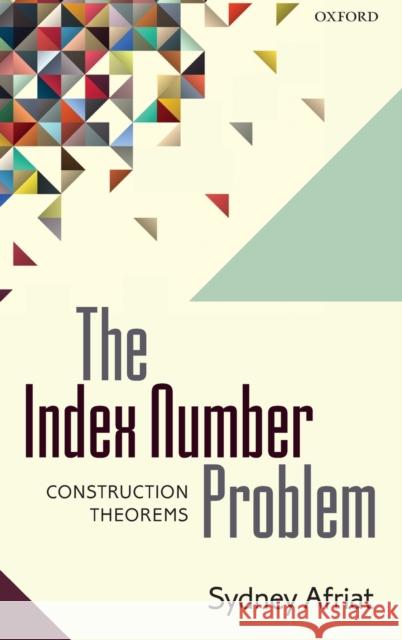The Index Number Problem: Construction Theorems » książka
The Index Number Problem: Construction Theorems
ISBN-13: 9780199670581 / Angielski / Twarda / 2014 / 240 str.
A theft amounting to L1 was a capital offence in 1260 and a judge in 1610 affirmed the law could not then be applied since L1 was no longer what it was. Such association of money with a date is well recognized for its importance in very many connections. Thus arises the need to know how to convert an amount at one date into the right amount at another date: in other words, a price index.
The longstanding question concerning how such an index should be constructed is known as 'The Index Number Problem'. The ordinary consumer price index represents a practical response to this need. However the search for a true price index has given rise to extensive thought and theory to which an impressive number of economists have each contributed a word, or volume. However, there have been hold-ups at a basic level, which are addressed in this book. The approach brings the subject into involvement with utility construction on the basis of finite data, in a form referred to as 'Afriat's Theorem' but now with utility subject to constant (and also possibly approximate) returns.











